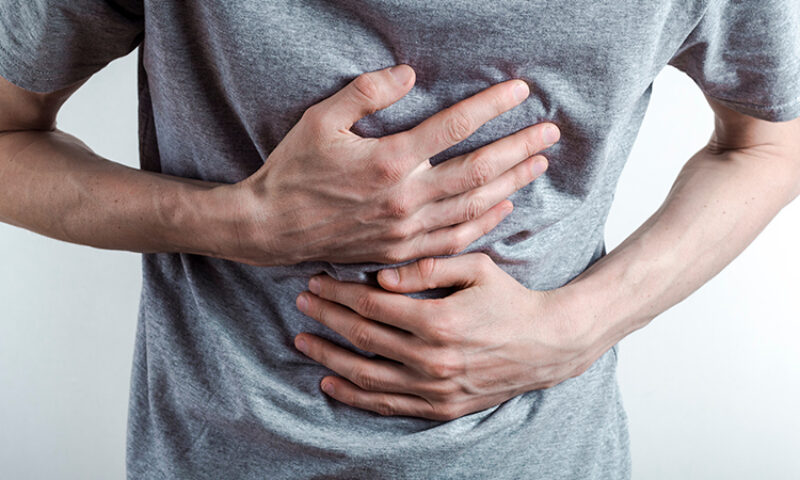What is acid reflux?
Acid reflux occurs when the valve between the esophagus and the stomach doesn’t close when it should, stomach acid comes back up into the esophagus. This can cause discomfort or mild burning in the chest, a symptom known as heartburn.
It’s normal for most people to have occasional heartburn or acid reflux, but chronic reflux (occurring more than twice a week) may indicate that you suffer from gastroesophageal reflux disease (GERD). It’s a relatively common condition, affecting one in five Americans.
Acid reflux is to identify and treat early in order to prevent complications such as progressive narrowing of the esophagus from inflammation or even the development of esophageal cancer.
[h3] Are acid reflux and heartburn the same thing?
They are not the same. Acid reflux is a condition, whereas heartburn is the symptom of that condition.
What causes acid reflux?
Acid reflux is caused by a number of factors that differ from individual to individual. These could include:
Pressure on the abdomen (often seen in pregnant women or individuals who are obese)
Some medications
Certain foods including high-fat, spicy, and/or dairy products
Eating habits like consuming too much or laying down too soon after eating.
How is acid reflux treated?
The treatment of acid reflux is dependent on the severity of the symptoms along with whether it is chronic or not. Over-the-counter medications, prescription drugs, and surgery can all be effective treatments for acid reflux, depending on individual cases.
Specific treatment methods include:
1. Antacids
Over-the-counter antacids can neutralize stomach acid and reduce irritation and symptoms of acid reflux. These are not long-term solutions. They only serve as a temporary “band-aid” for symptoms.
2. H2 Blockers and Proton Pump Inhibitors (PPI)
H2 Blockers and Proton Pump Inhibitors (PPI) are medications often used to treat chronic acid reflux. These drugs ultimately lead to less acid in the stomach and, as a result, less acid reflux. They are available over the counter or by prescription from a physician. If used for more than 14 days over the counter, then a physician should be consulted because long-term use is associated with several potential side effects. Your physician can help you determine the appropriate treatment.
3. Acid reflux surgeries
Surgical therapy is the only definitive treatment for acid reflux. Many patients choose this option to avoid long-term damage caused by chronic acid reflux and to avoid relying on medications with potential side effects. Surgery is also chosen when medications are not enough to control symptoms.
The most common acid reflux procedures, Nissen or Toupet fundoplications are minimally invasive surgeries that involve wrapping the fundus section of the stomach around the esophagus to reinforce the valve.
The Transoral Incisionless Fundoplication (TIF) procedure is a new and effective treatment, especially when combined with a hiatal hernia repair. The TIF procedure reconstructs the dysfunctional esophageal valve using an endoscope.
The LINX procedure is a minimally invasive surgery in which a surgeon places a small, flexible magnetic band around the base of the esophagus. LINX expands to allow food or liquid through, but the magnetic band prevents acid from going back up into the esophagus.
Since excess weight puts pressure on the stomach and esophageal valve, weight loss can help reduce acid reflux. Bariatric Surgery supports weight loss by lowering a patient’s appetite and changing how the body metabolizes food.



